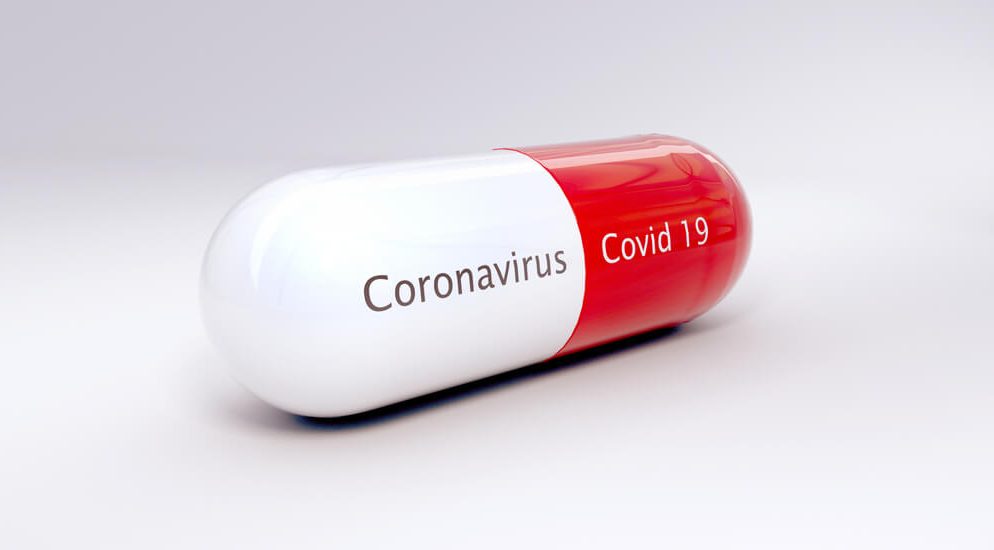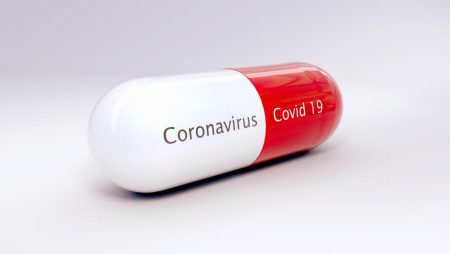



Get new exclusive access to healthcare business reports & breaking news




Pharmaceutical giant, Merck has submitted a request to the US Food and Drug Administration to authorize its pills to treat COVID-19. This new drug could add an easy-to-use way to treat the disease.
If cleared by the FDA, it would be the first oral drug with government approval to treat COVID-19. Every other FDA-backed treatment requires an injection or an IV.
The experimental antiviral pill could be taken at home and is purported to reduce symptoms and speed recovery. Proponents say it could easing the perceived COVID caseloads in U.S. hospitals. Not only that, they say it could help to curb outbreaks of the illness in disadvantaged countries with poor health care systems. Proponents also think it could help bolster the goals of prevention and treatment, by using pharmaceutical drugs.
A meeting between Merck and FDA officials is set for November 30. following that, the FDA must carefully scrutinize Merck’s data on the effectiveness and safety of the drug, dubbed molnupiravir. However, a decision is unlikely before December 2021.
As with the vaccines, Merck is asking for emergency use authorization for adults with mild to moderate symptoms, who are also at risk for hospitalization.
The company’s preliminary results indicate that molnupiravir can reduce by half hospitalizations and deaths for people with early COVID-19 symptoms. However, those results have not been peer-reviewed, which has traditionally been standard practice for drug research. Also, Merck has not disclosed any of the experimental drug’s side effects, other than to say that rates of side effects were similar between test subjects who received the drug and those who received a placebo.
However, two drug manufacturers based in India independently tested a generic version of molnupiravir in patients with moderate COVID-19. They found no “significant efficacy” for the experimental COVID treatment.
In the meantime, U.S. health officials continue to push and even make mandatory the COVID-19 vaccines. As a result, healthcare workers across the country who refuse the vaccination are losing their jobs, contributing to staff shortages.
However, despite the insistence of health officials, around 68 million Americans have refused the vaccine, for a variety of reasons.
On average, new COVID-19 cases in the US have dropped below 100,000 per day for the first time in several months. Deaths from the illness have also dropped to 1,700 a day, down from over 2,000 per day a few weeks ago.
Also, US health officials should be pleased that daily vaccinations are more than 1 million, up by more than 50% over the last few weeks. However, that number includes booster shots and mandatory vaccine policies.
Despite these positive numbers, health authorities are saying that another surge is in the works as winter approaches.
Since the initiation of the global pandemic, health authorities have advocated for a convenient pill like Tamiflu. The decades-old flu medication shortens the duration of the illness by a few days and lessens the severity of symptoms.
A trio of FDA-authorized antibody drugs has proven to reduce the overall number of COVID-19 deaths. However, these drugs are expensive, difficult to manufacture, and require healthcare professionals to administer.
If and when the FDA does authorize molnupiravir, the U.S. Federal government has agreed to purchase enough to treat 1.7 million people. But the price is steep, around $700 for each of those 1.7 million people. While that’s less than half the cost of antibody drugs, more than $2,000 per infusion, it’s still more expensive than other antiviral drugs used to treat other illnesses.
However, a representative for Merck said that the $700 price tag does not necessarily represent the final price.
Molnupiravir began at Emory University as a potential horse drug, treating Venezuelan equine encephalitis virus. But in 2015, the drug was offered to a virologist at Vanderbilt University to test against coronaviruses. Researchers at Vanderbilt found that it worked against more than one variety of coronavirus, including mouse hepatitis virus and MERS.
When SARS-CoV-2, the virus responsible for COVID-19, gains access to a cell, it needs to duplicate its RNA genome to create more viruses.
Molnupiravir incorporates itself into the RNA strands made by the virus, wreaking havoc. The virus RNA strands are turned into faulty blueprints for the next generation of viruses. When enough of these RNA mutations accumulate, the virus collapses.
However, the drug’s mutagenic potential could possibly incorporate itself into human DNA, which some researchers say does raise safety concerns. While Merck hasn’t released the details of its safety data, the company feels ”very comfortable that the drug will be safe if used as intended”.